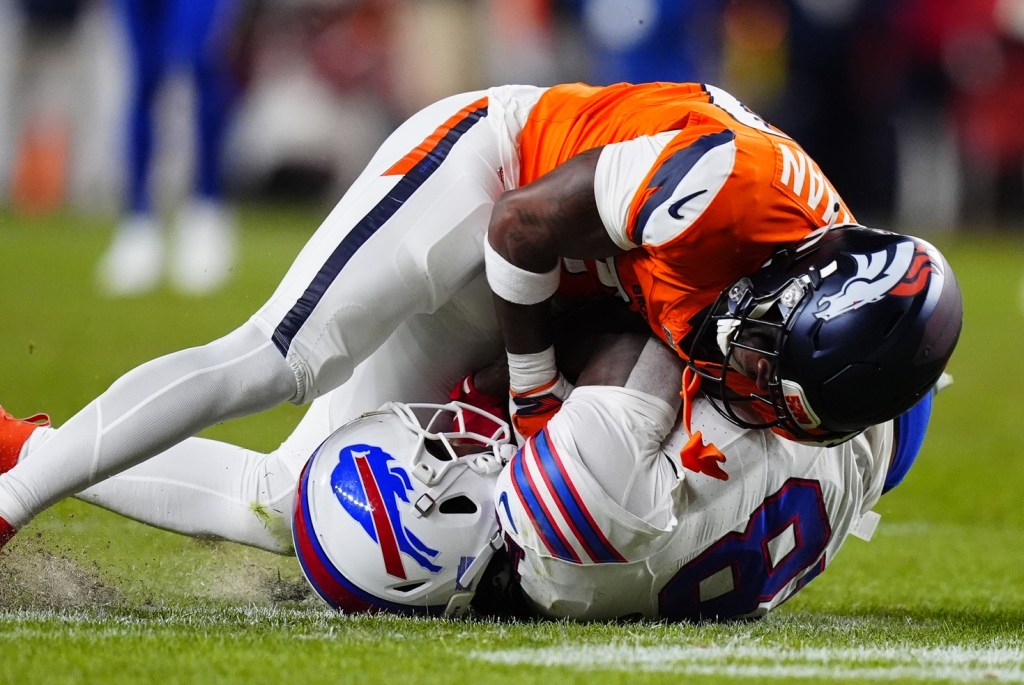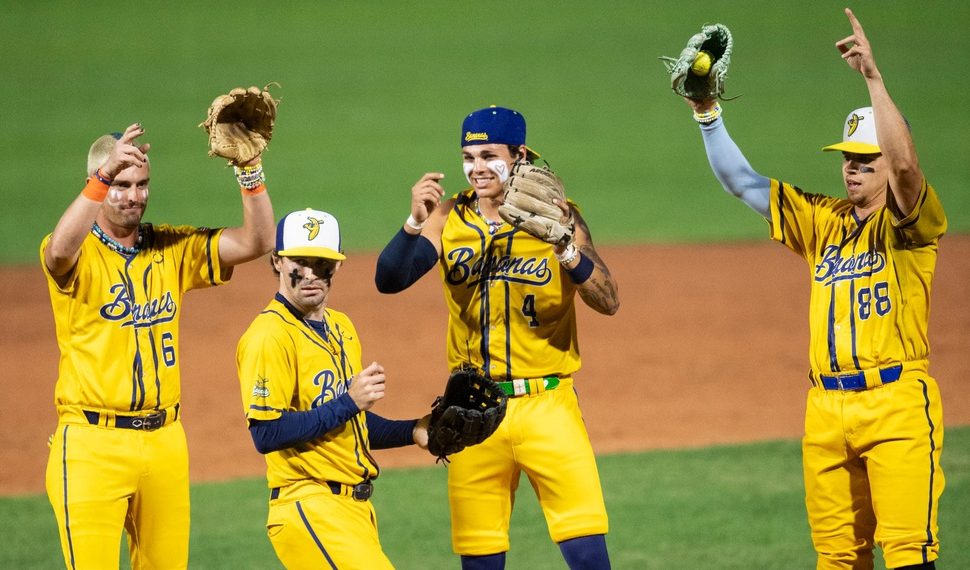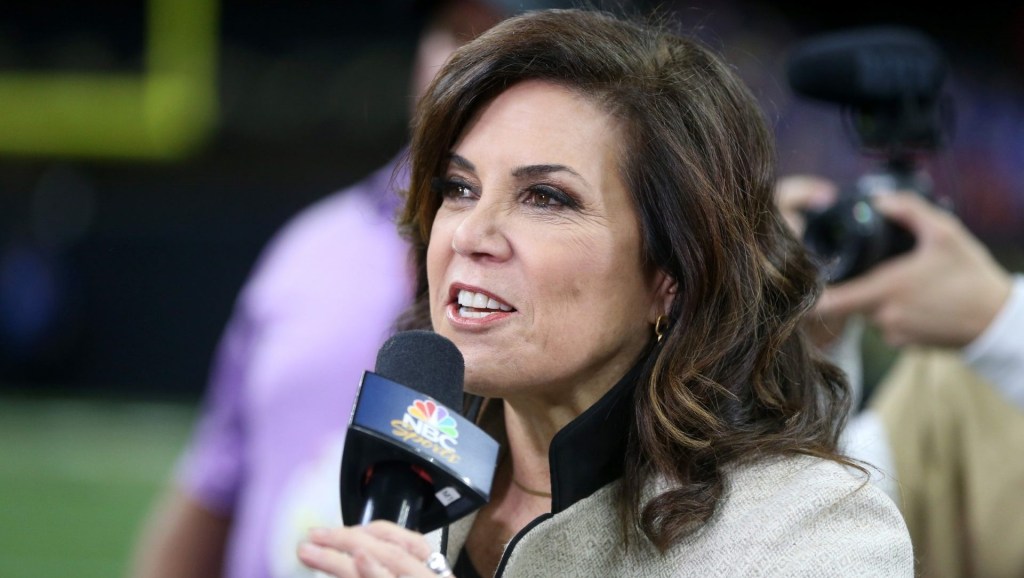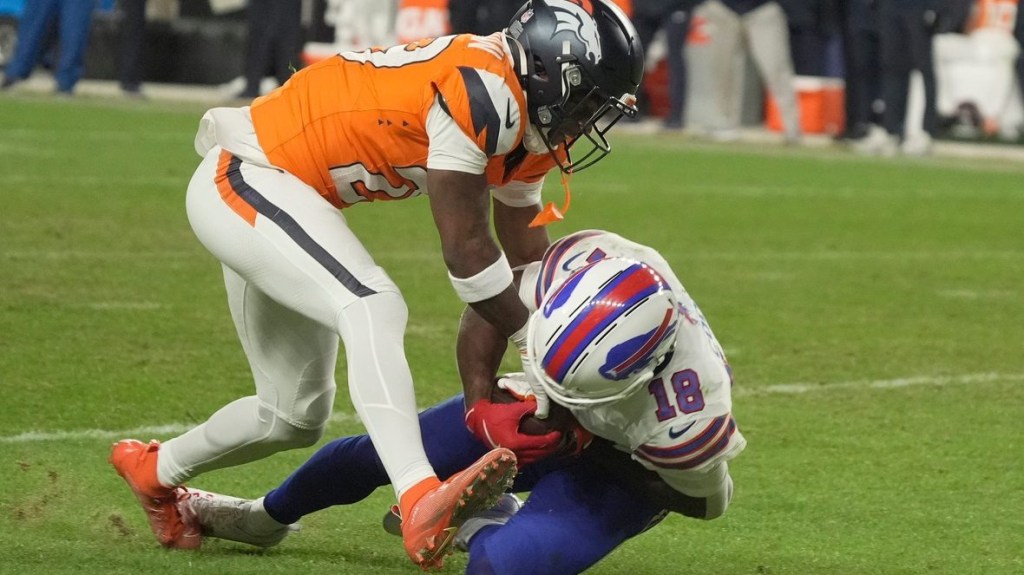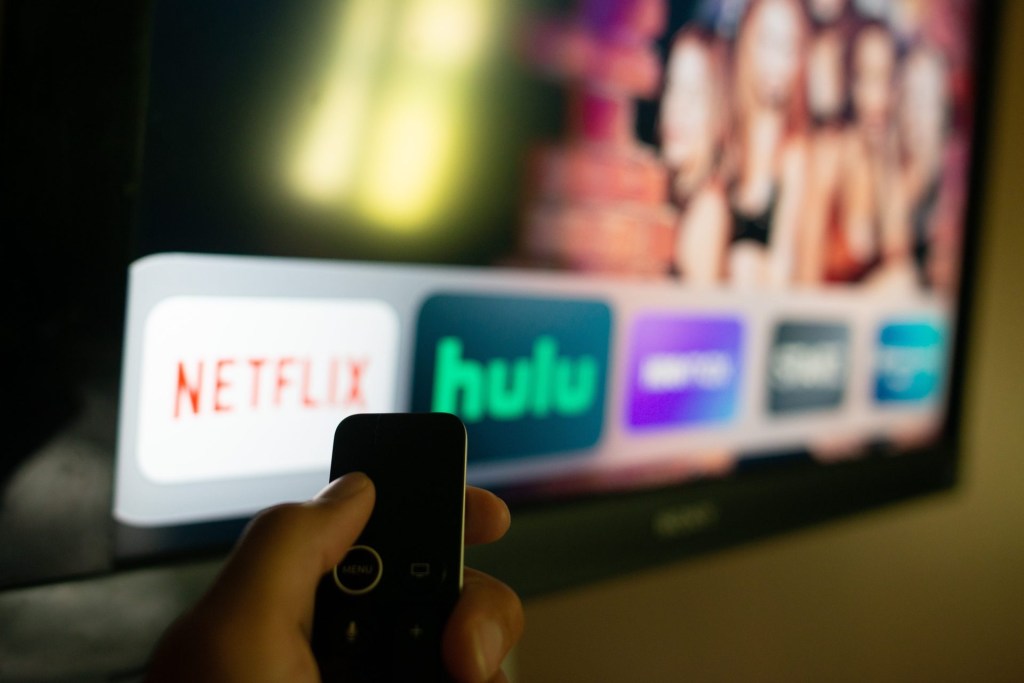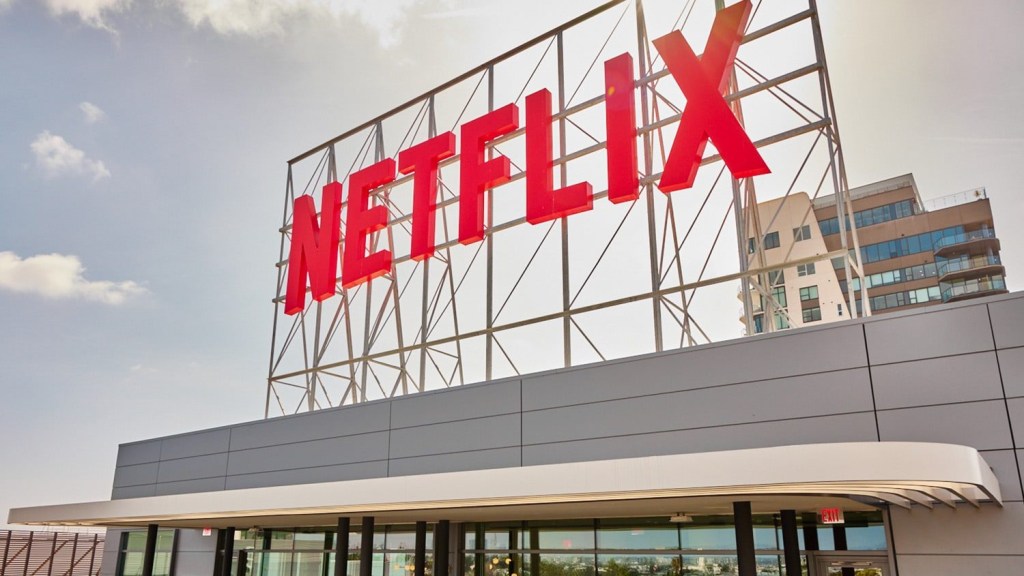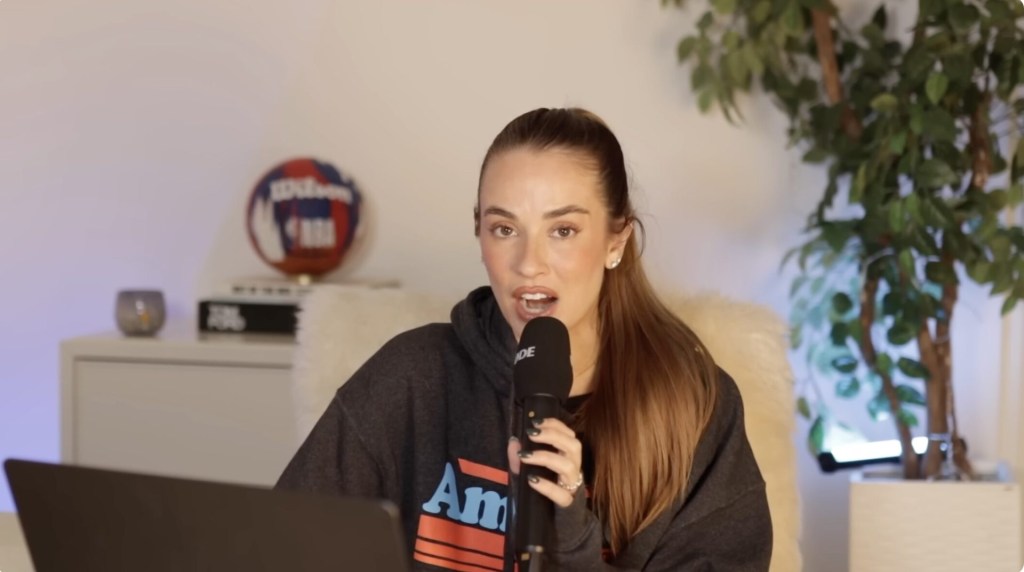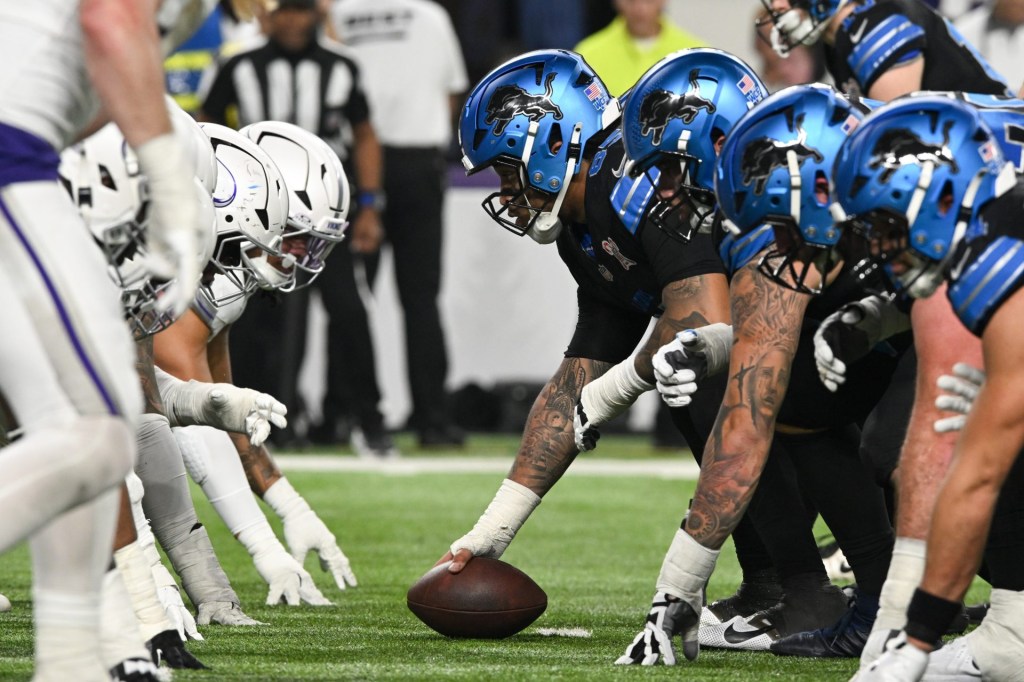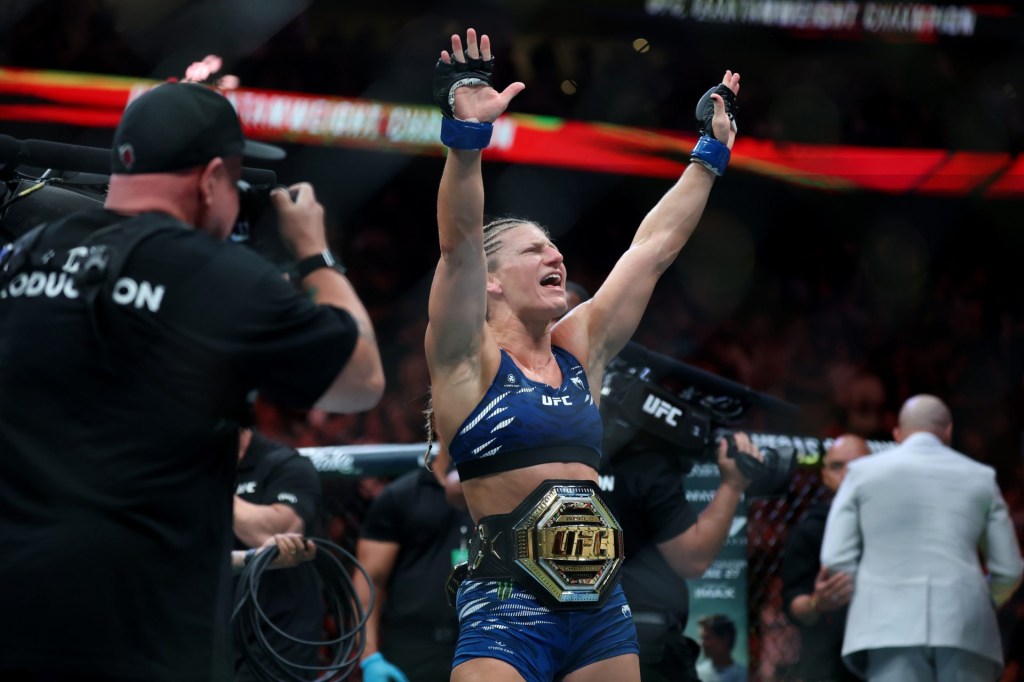
The fallout from the coronavirus pandemic is about to hit ESPN executives in their bank accounts.
With parent Walt Disney Co. ordering a reduction in executive pay, ESPN executives will see their base salaries slashed by 20% to 30% starting April 5. When and if the cutback ends, these executives will not receive back pay, sources said. Instead, they will revert to their previous salary level.
FOS REPORT: 54.5% of industry executives believe that it would be at least 60 days before leagues resume play.
ESPN executives received the news on March 30 when new Disney CEO Bob Chapek announced the pay cuts via an internal memo to employees.
According to Chapek’s memo, vice presidents will lose 20% of their pay while senior vice presidents face 25% cuts. Executive vice presidents and above will see their salaries reduced by 30%.
Both Disney and ESPN declined to comment.
Companies, leagues, and teams across the sports industry have been forced to either lay off employees or cut salaries as a result of the business impact of the coronavirus pandemic.
Given ESPN’s outsized influence in the sports media world, industry sources said they expect other media companies to follow its lead.
“This is the first domino of many for the media world,” predicted one source. “I expect others to do the same.”
It’s not clear how long these salary reductions will last. Even if the public health situation is brought under control, Disney won’t lift the salary cutbacks until its business rebounds.
“This temporary action will remain in effect until we foresee a substantive recovery in our business,” wrote Chapek in his memo.
Disney’s ABC/ESPN faces the prospect of no NBA Playoffs this year, as well as losses of games and events from a wide-ranging portfolio of sports rights including MLB, MLS, Wimbledon, and UFC, among others.
The cutbacks are likely to impact all of ESPN top management, including President Jimmy Pitaro, Executive Vice Presidents Connor Schell, Burke Magnus, Norby Williamson, and Stephanie Druley; and Senior Vice Presidents Rob King, Laura Gentile, and Ilan Ben-Hanan.
Once the reductions are lifted, employees will return to their previous salaries. But executives will not be “made whole” for their lost wages, said sources.
Disney’s drive to find cost savings makes sense strategically, said media advisor T.K. Gore. The entertainment giant’s television, theme park, and movie businesses have been hit hard by the pandemic.
With Disney executive chairman Bob Iger giving up 100% of his salary and Chapek reducing his by 50%, company leaders are trying to show all employees they lead by example.
“It’s really good for optics,” Gore said. “They send a strong message to the employee base about the culture there – and building trust.”
However, noted Gore, these cuts only impact base salaries. The bulk of compensation for some top executives come via bonuses, stock options, and other compensation tools.
Iger, for example, made only $3 million in base salary in 2019, according to Disney’s SEC filing. But his total compensation amounted to $47.5 million, thanks to $30 million in stock options and another $21.8 million in non-equity incentive plan compensation.
“They’re cutting the base part of someone’s salary. But it’s not their full comp package,” Gore said. “There’s end-of-year bonuses, stock, other things. It’s admirable and the right thing to do. If I worked at Disney, it would certainly send me a message. But you also need to take a closer look at what they’re really cutting. It’s really just a percentage of their base salary. There are other things that are not being cut.”
READ MORE: ESPN’s Embrace Of User-Generated Content Is Here To Stay
The pandemic is having a “devastating” effect on the global and U.S. economies, Chapek told Disney employees in his memo.
“It’s hitting businesses like ours particularly hard. In a matter of weeks, we’ve experienced widespread disruption across our company, with our domestic parks and hotels closed indefinitely, our cruise line suspended, our film and TV production halted, and theatrical distribution delayed both domestically and internationally, and our retail stores shut down,” he wrote.
“While I am confident we will get through this challenging period together and emerge even stronger, we must take necessary steps to manage the short- and long-term financial impact on our company.”

